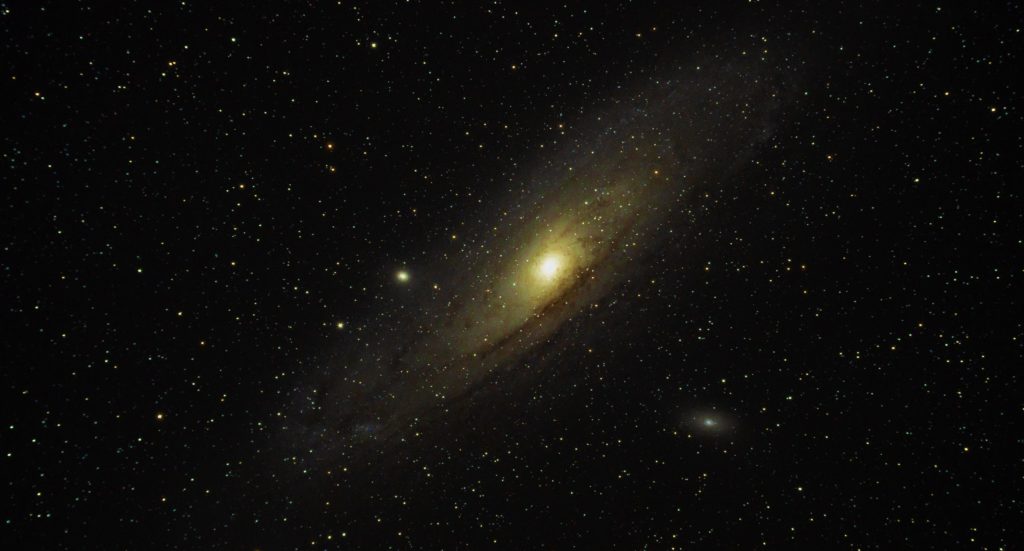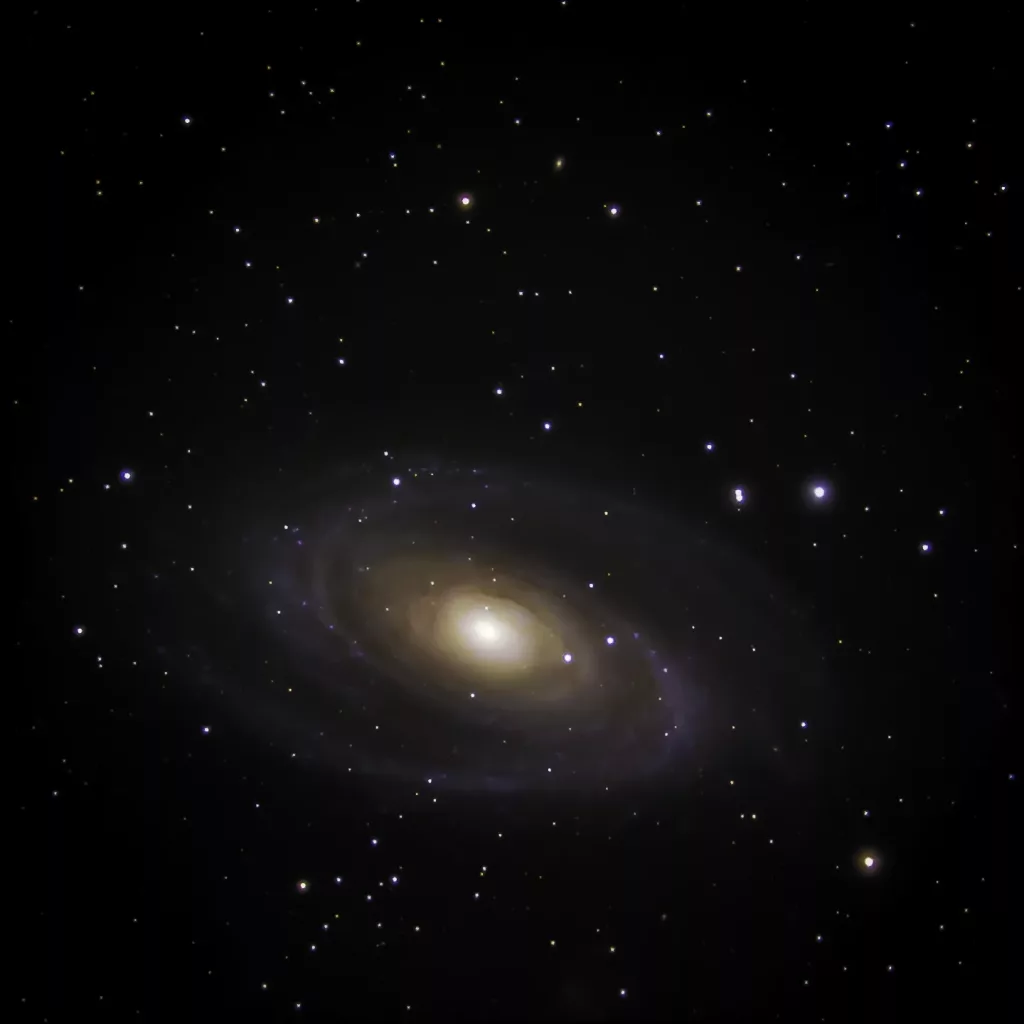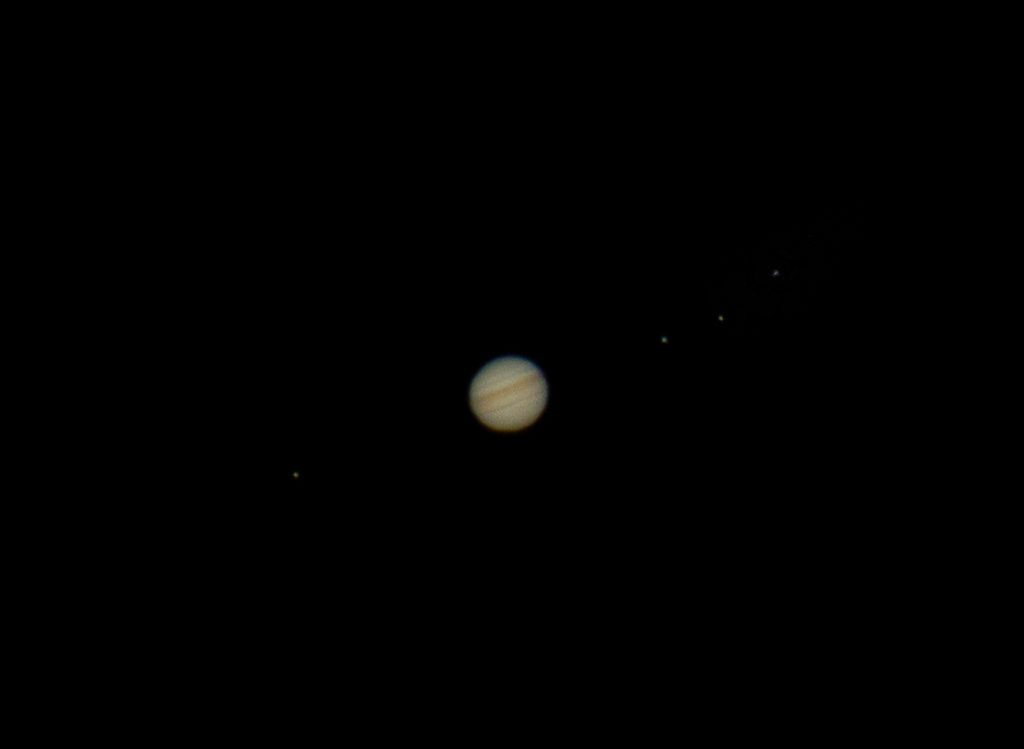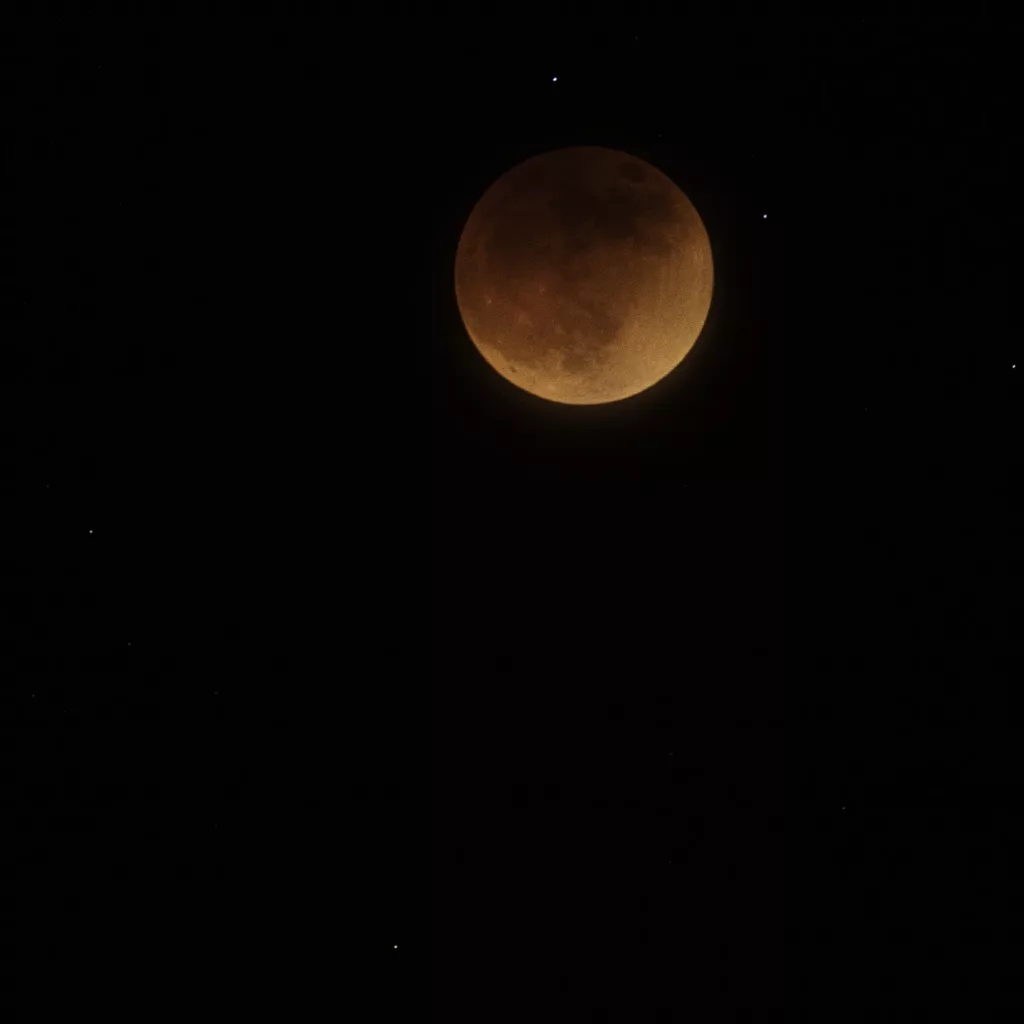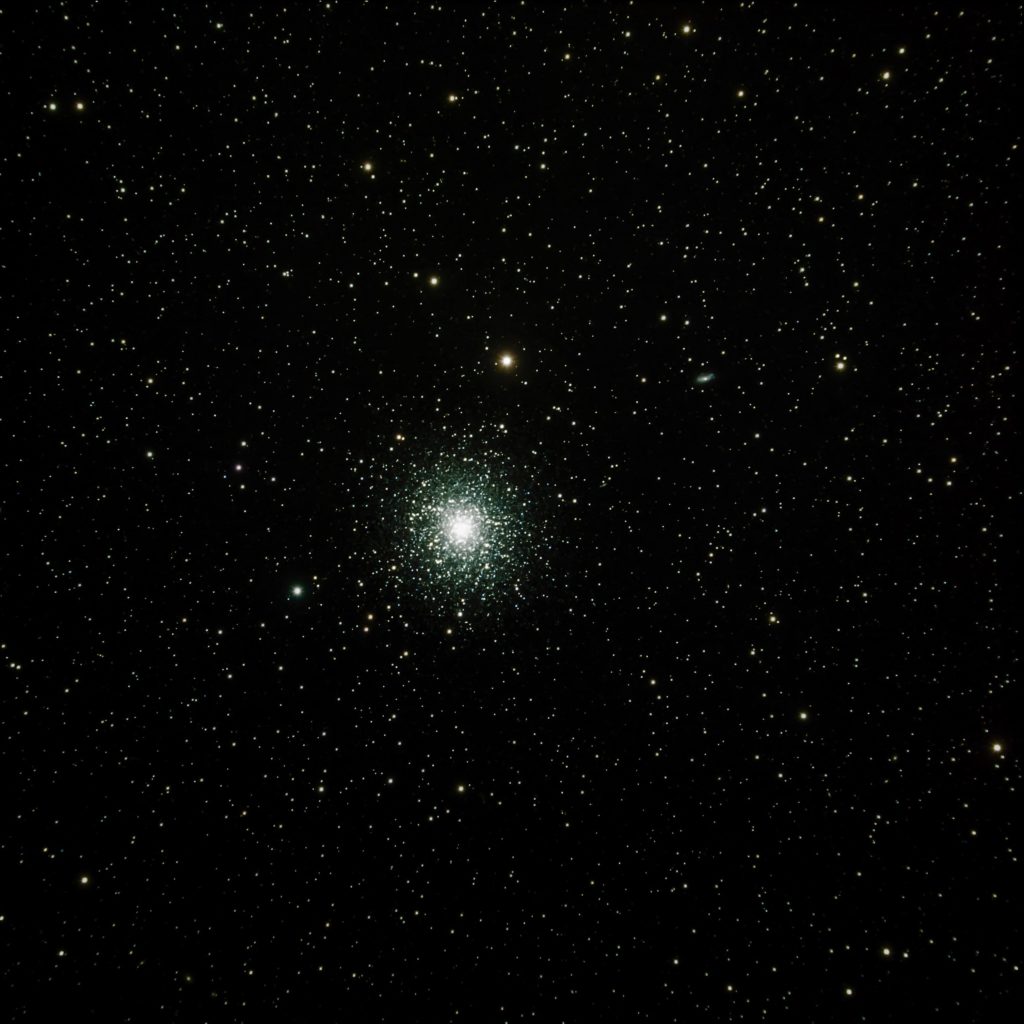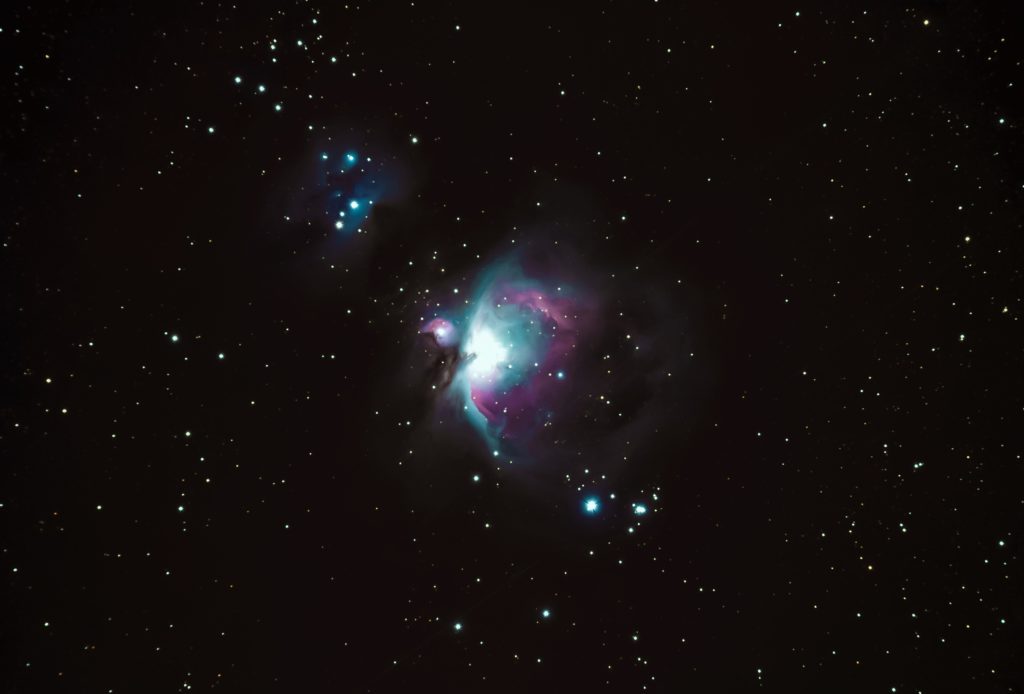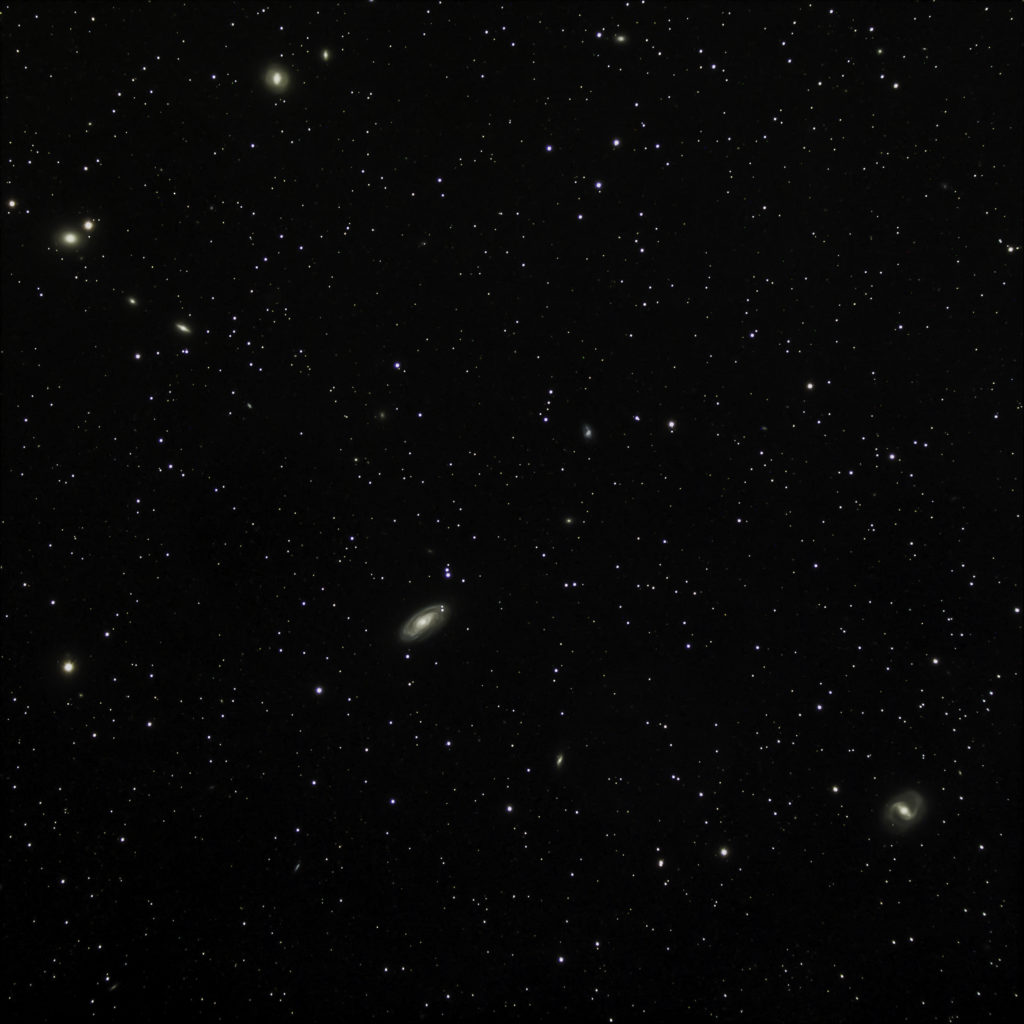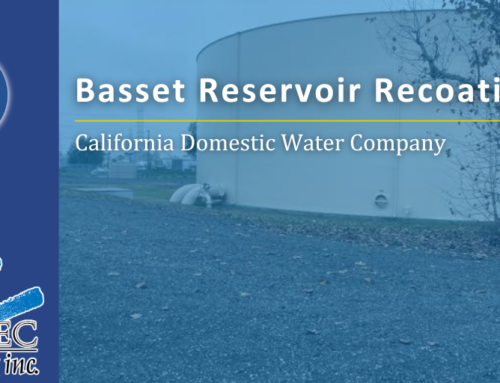Mark Myers has worked as a Senior Designer in Civiltec’s Prescott office for nearly 12 years. By day, he is an integral member of the team, whose work is critical in finalizing and providing quality assurance on projects for all offices. At night, Mark turns his focus to capturing the wonders of outer space.
Mark has transformed a lifelong interest in astronomy into a full-fledged hobby of capturing photographs of interstellar objects. Mark’s interest in astronomy spans back as far as he can remember, but it doesn’t hurt that he’s seen all the Star Wars movies. The thrill of looking into a telescope and actually seeing objects that he’s read about pushed him further into astrophotography. Mark first got serious in July 2020, when he pounced at the opportunity to capture the passing of the Neowise Comet at its closest point to Earth in its four to six thousand year orbit.
Since that time, he has captured photographs of countless cosmic bodies. His personal favorites are observing the Orion Nebula and Andromeda Galaxy. Most recently, he captured this month’s lunar eclipse. [include pictures here maybe Jupiter+moons, May lunar eclipse, Andromeda galaxy, Bode’s Galaxy, Virgo galaxy cluster, Messier 13n, Orion nebula]
When Mark started out, he had a Canon Rebel T6i and a telephoto lens to see into space. Since then, Mark has invested what he describes as, “basically, a lot of money,” into equipment to help him see beyond the atmosphere and into deep space. His notable additions include: a Celestron 8” Schmidt Cassegrain telescope, Celestron 9.25” Schmidt Cassegrain scope, William Optics 81 mm Refractor, Celestron CGX Mount, ZWO astronomy camera, and many other accessories.
Now, Mark has the power to see further and clearer than he did before. He looks forward to the opportunity to capture images of more comets, and maybe one day the Millennium Falcon if it isn’t flying at light speed.
Mark relates his experience with astrophotography back to his work at Civiltec. “I would say we’re all trying to be better at the field we are in. Whether it’s engineering, surveying, marketing, or recruiting, we’re finding better ways to get to the end result,” Mark says, “No different with astronomy, using the technology available to achieve this. Astronomy is a type of surveying.”
- Andromeda Galaxy
- Bode’s Galaxy
- Jupiter
- May 2022 Eclipse
- Messier 13n
- Orion Nebula
- Virgo Galaxy Cluster

